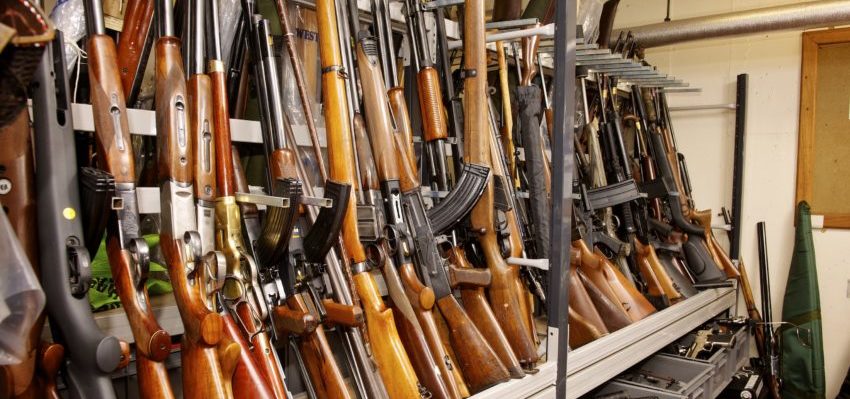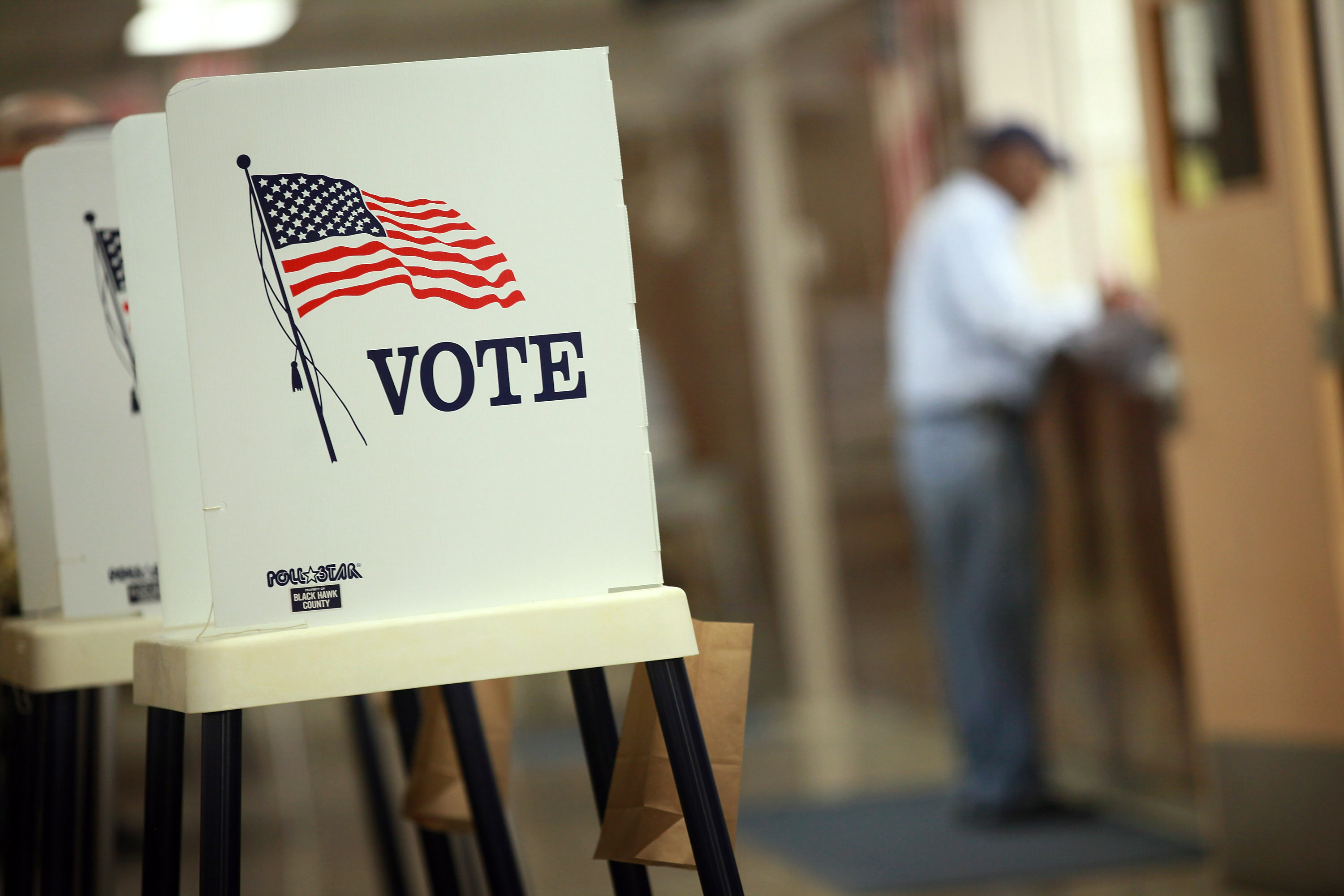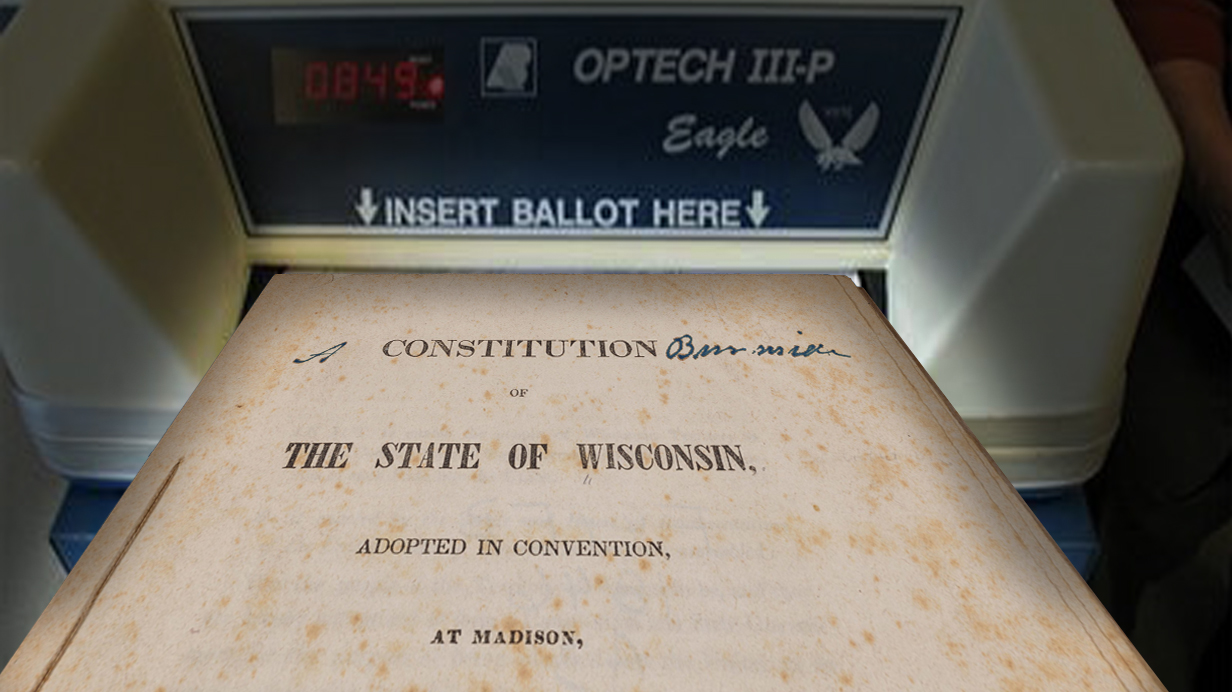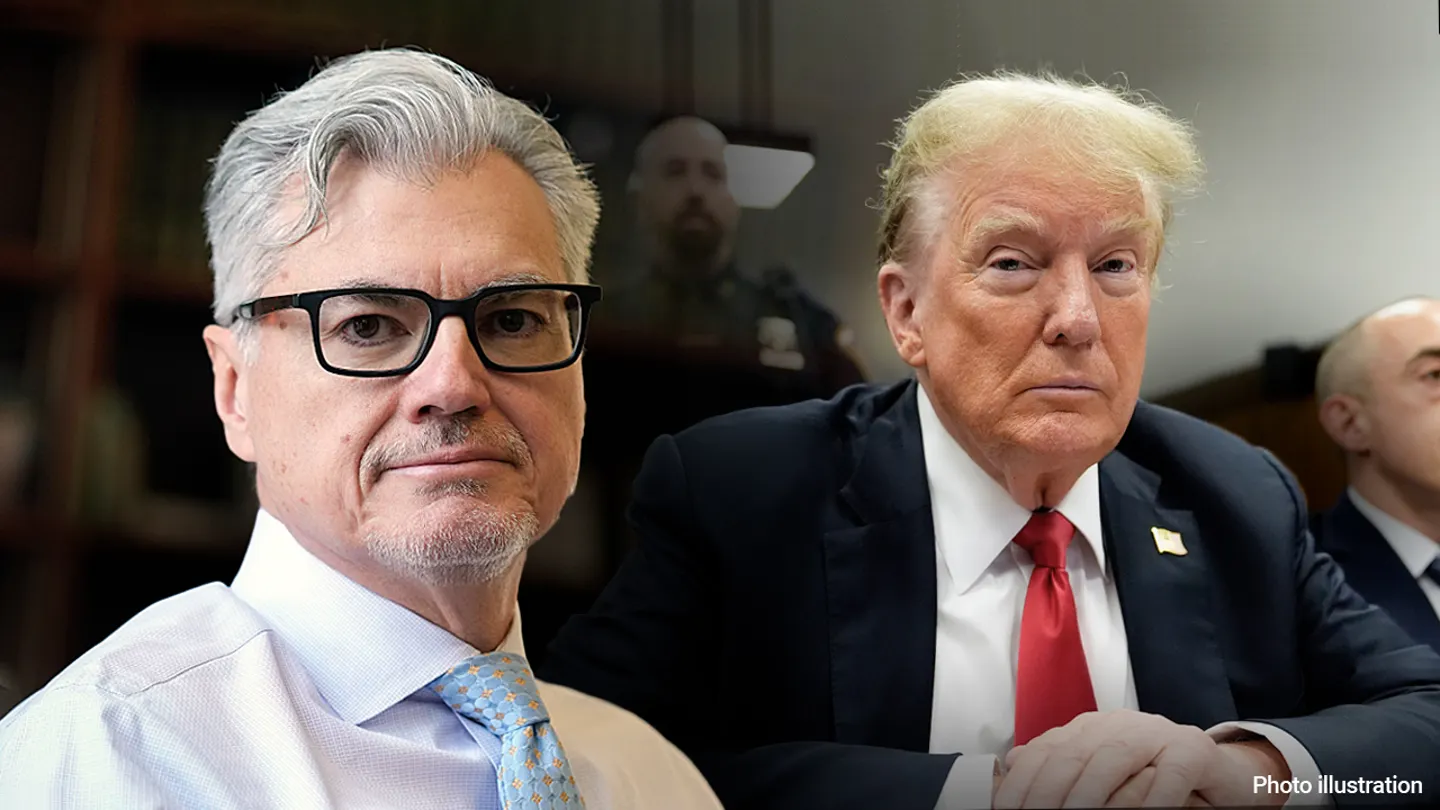 [bctt tweet=”Rep. @MaryFelzkowski: “I don’t think I can support any legislation going forward that intentionally strips people of their constitutional rights. #wiright #wipolitics ” username=”MacIverWisc”]
[bctt tweet=”Rep. @MaryFelzkowski: “I don’t think I can support any legislation going forward that intentionally strips people of their constitutional rights. #wiright #wipolitics ” username=”MacIverWisc”]
MacIver News Service | Jan. 18, 2018
By M.D. Kittle
MADISON — While so-called “extreme risk protection order” bills are sweeping the nation, they’re raising red flags for constitutional conservatives.
There’s growing concern from conservative lawmakers that the kind of red flag law Kaul and other liberals have proposed would create a slippery slope, putting liberty at risk.
Attorney General Josh Kaul, a Democrat, has called for a “red flag” law granting authorities a faster path to take firearms away from those deemed a danger.
“That will allow law enforcement or a family members to go to a judge and ensure that somebody who is a threat to themselves or others is temporarily disarmed,” Kaul said in what many conservatives saw as an unnecessarily confrontational inauguration speech.
While some Republicans have said they would be open to sensible legislation that doesn’t imperil constitutional rights, there’s growing concern from conservative lawmakers that the kind of red flag law Kaul and other liberals have proposed would create a slippery slope, putting liberty at risk.
“I don’t think I can support any legislation going forward that intentionally strips people of their constitutional rights,” said state Rep. Mary Felzkowski (R-Irma). “I think we need to be very careful, especially in our present society.”
Felzkowski, like Assembly Speaker Robin Vos (R-Rochester), says she would look at legislation that does not “take away due process.”
Due process and the concept of “innocent until proven guilty” have been under assault of late. From the pitchfork-style justice that polluted the Senate confirmation hearings of Supreme Court Justice Brett Kavanaugh to Wisconsin’s unconstitutional John Doe investigation, the presumption of innocence has been a victim of opportunistic politicians and overzealous prosecutors.
A wave of red flag legislation has rushed through state Capitols in the last year, growing out of the school shootings last February in Parkland, Fla. At least nine states have such emergency firearm confiscation laws in place, including Maryland, where courts have seized guns from 148 people in the three months since the state’s law went into effect, according to the Washington Post. Law enforcement and court officials recently testified that Maryland’s law is “saving people’s lives,” but they wouldn’t provide specifics on the seizures.
[bctt tweet=”U.S. attorney general nominee William Barr has said he believes there is “room for reasonable regulation” of the Second Amendment under the red flag laws. But who decides? One judge, as conservatives in Wisconsin know all too well. #wiright #wipolitics” username=”MacIverWisc”]U.S. Sen. Marco Rubio (R-Fla.) began the new congressional session by bringing back the “Extreme Risk Protection Order and Violence Prevention Act” that in part will “dedicate Department of Justice funds to incentivize states to give law enforcement the authority to prevent individuals who pose a threat to themselves or others the ability to purchase or possess firearms, while still providing due process protections.”
U.S. attorney general nominee William Barr has said he believes there is “room for reasonable regulation” of the Second Amendment under the red flag laws.
But who decides? One judge, as conservatives in Wisconsin know all too well.
There’s good reason for those limitations, constitutional law experts say. While public safety is a top priority, so must constitutional protections ensuring the accused don’t become victims.
In the John Doe investigation, a single judge vested with extraordinary power to compel witnesses to testify in secret gave prosecutors the power to conduct pre-dawn, armed raids on the homes of innocent citizens in one of the most politically-driven investigations in state history. While there are obvious differences between the alleged campaign finance violations prosecutors were investigating in the John Doe and the “present danger” of a potentially violent person, constitutional experts see the opportunity for constitutional abuse in the red flag laws.
Law enforcement officers across Wisconsin support the temporary confiscation measures. Middleton Police Chief Chuck Foulke, whose officers faced a homicidal gunman at an office complex last year, told WKOW-TV that police need such tools.
“Sometimes we can talk ourselves into being able to have those firearms surrendered, but as far as being able to seize firearms, we’re pretty limited on what we can do,” Foulke said.
There’s good reason for those limitations, constitutional law experts say. While public safety is a top priority, so must constitutional protections ensuring the accused don’t become victims.
“I still believe in innocent until proven guilty,” Felzkowski said.




